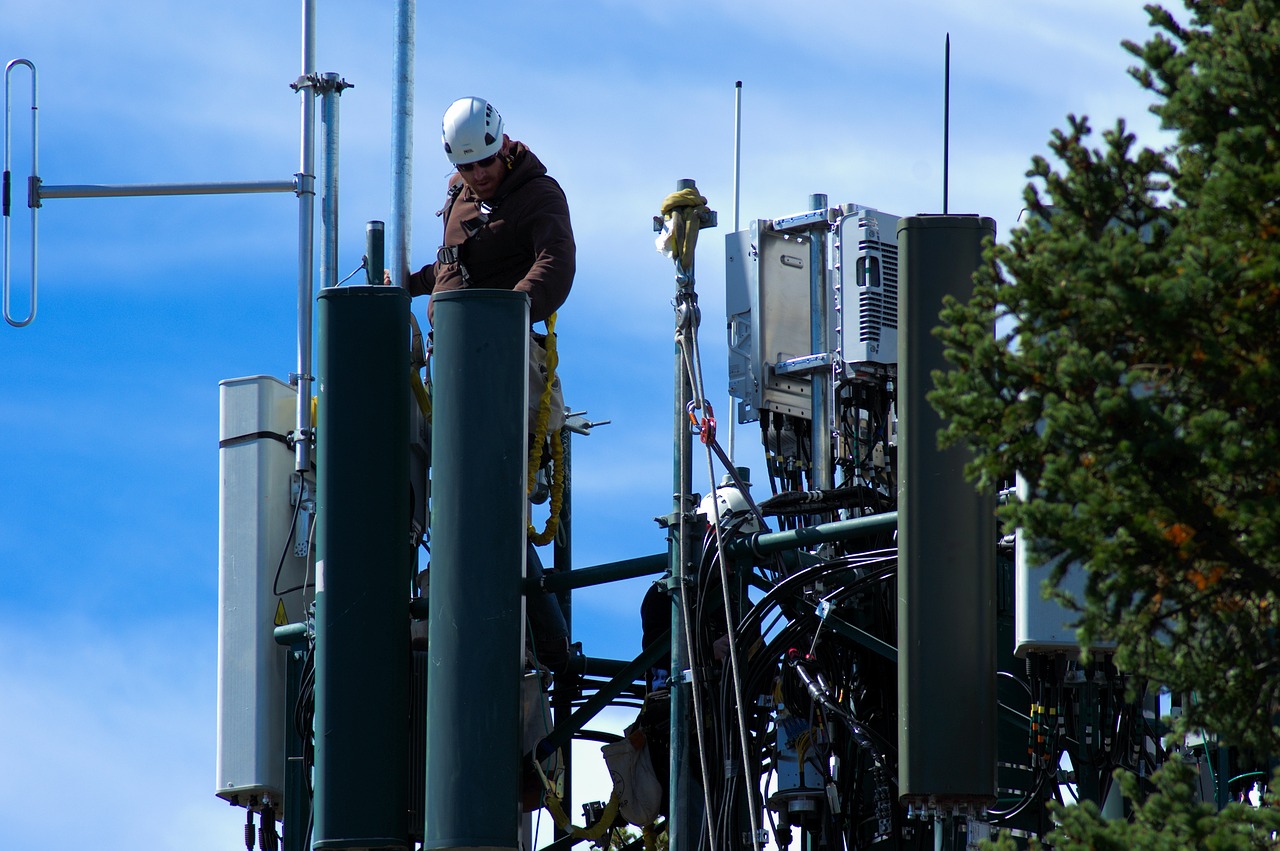Florida Bonded Title Process
Surety Bond Professionals is a family-owned and operated bonding agency with over 30 years of experience. With access to a broad range of surety markets, our expert agents are ready to assist with all of your Florida title bond needs. Learn more about the Florida bonded title process, below. What Is a Bonded Title? Under certain circumstances, the Florida Department of Highway Safety and Motor Vehicles (DHSMV) will issue a bonded title to a person who has purchased a vehicle but lacks a valid certificate of title. For example, the vehicle’s seller may have not provided a title, gave the buyer a title that was improperly assigned or otherwise defective, or the title was lost or stolen before the buyer could get the vehicle registered. Without a valid title, a vehicle cannot be registered, insured, or sold. A bonded title allows a vehicle owner to do all of those things. The bond securing a bonded title indemnifies DHSMV if it turns out that no bonded title should have been issued and provides a way to compensate the rightful owner or a lienholder. Who Is Eligible for a Bonded Title? Florida allows bonded titles to be issued for automobiles, trucks...
Read more









